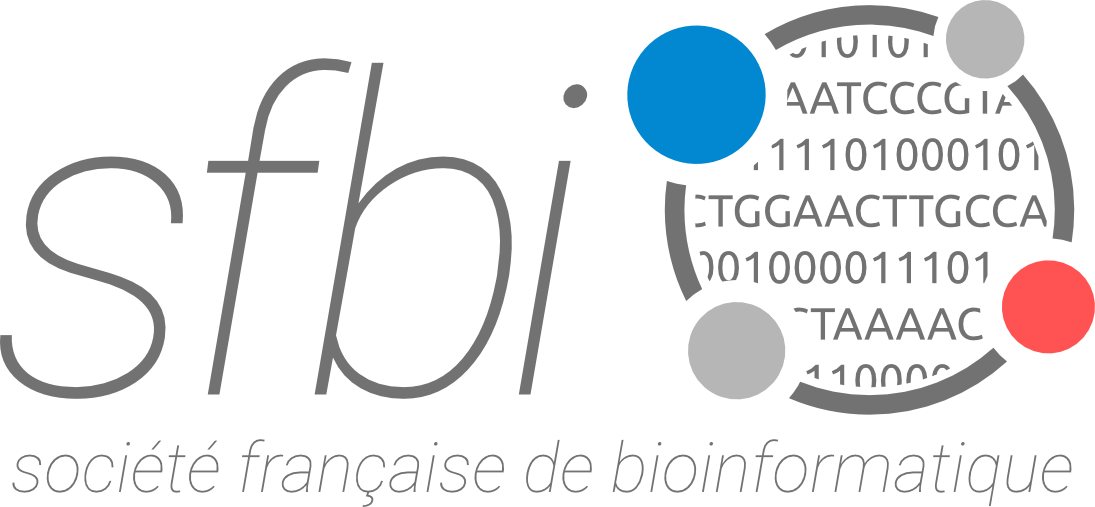Postdoc - computational biology - spatial multi-omics study in liver cancer (european project)
CDD · Postdoc · 36 mois Bac+8 / Doctorat, Grandes Écoles Centre de Recherche des Cordeliers · Paris (France) according to grids
Date de prise de poste : 3 février 2025
Mots-Clés
multi-omics spatial omics (RNA, proteins, metabolites) liver cancer computational biology
Description
Working environment
Located in the heart of Paris, the Cordeliers Research Center (CRC) develops fundamental, translational and clinical research in the fields of biology and health. Research projects at the CRC are multidisciplinary, mainly in the fields of oncology, immunology and metabolism. The CRC is an internationally recognized research center, ranked 2nd for oncology in France by SCImago. It has 3 supervising bodies: INSERM, Université Paris Cité and Sorbonne Université. It employs more than 500 people working in 16 teams around 5 technology platforms.
The MUST (MUltiscale and SpatioTemporal modeling in oncology) team, led by Aurélien de Reyniès, was recently created at the CRC. It brings together clinicians and scientists covering a continuum of expertise in oncology, including computational biology, cancer biology, bioinformatics, statistics, medical informatics, surgery, radiotherapy, medical oncology. The MUST team aims to contribute to the development of precision medicine in oncology, both by bringing new computational methods for studying the biology of cancer, and by developing new models for a selection of cancer types to improve their day-to-day clinical management.
The project
GENIAL aims to provide the scientific basis for a better comprehension of environmental and genetic factors and their interactions that contributes to alcohol-related hepatocarcinogenesis.
Chronic alcohol consumption disrupts hepatic lipid metabolism, leading to fat accumulation in the liver, which is crucial in alcohol-related liver disease (ALD) progression to hepatocellular carcinoma (HCC) (ALD-HCC). Key genetic risk factors for ALD-HCC involved in lipid metabolism were identified. Starting from these genetic variants, we aim to analyze gene-environment interactions during early ALD-HCC stages, using multiple techniques –histological evaluation, single-cell and spatial transcriptomics, spatial lipidomics and metabolomics using mass spectrometry imaging – on cryopreserved samples, including tumor and non-tumor tissues from ALD-HCC cases and ALD controls.
Responsibilities
The recruited postdoctoral fellow will examine how the identified genetic variants promote ALD-HCC by analyzing: protein and metabolite locations in liver tissue, involved cell types, disrupted cellular pathways and tissue disorganization.
They will drive this project, performing end-to-end multi-omics data analysis, integration and interpretation, presenting the results to scientific audiences, and writing articles for publication in peer-reviewed journals.
The postdoc will work in close collaboration with Aurélien de Reyniès and his team, as well as with the members of the GENIAL consortium.
Training and Skills required
- PhD degree in computational biology, bioinformatics, or related areas
- Track record of creativity in developing analytic strategies
- Evidence of scientific accomplishment via peer-reviewed publications
- Excellent computational skills (R, Python, bash, …)
- Solid background in molecular/cellular biology
- Understanding and strong interest in cancer biology
- Experience with single-cell or spatial RNA-seq analysis
- Proficiency in English and excellent scientific writing skills
Abilities
- Must be self-motivated, capable to work in autonomy
- Have a good team spirit
- Ability to communicate with clinicians and scientists from multiple disciplines
Candidature
Procédure : Please send your CV, letter of motivation and contact information of 3 referees, to Pr. de Reyniès (aurelien.de-reynies@u-paris.fr), specifying ‘POSTDOC GENIAL’ in the subject line of your e-mail.
Date limite : None
Contacts
Aurélien de Reyniès
auNOSPAMrelien.de-reynies@u-paris.fr
Offre publiée le 11 décembre 2024, affichage jusqu'au 28 février 2025
